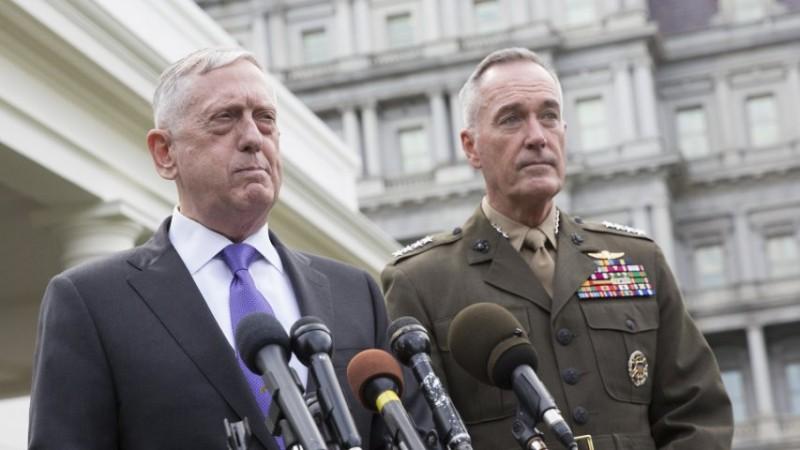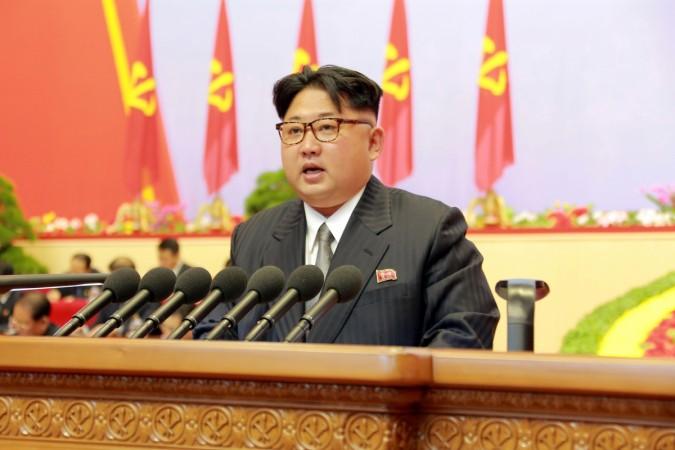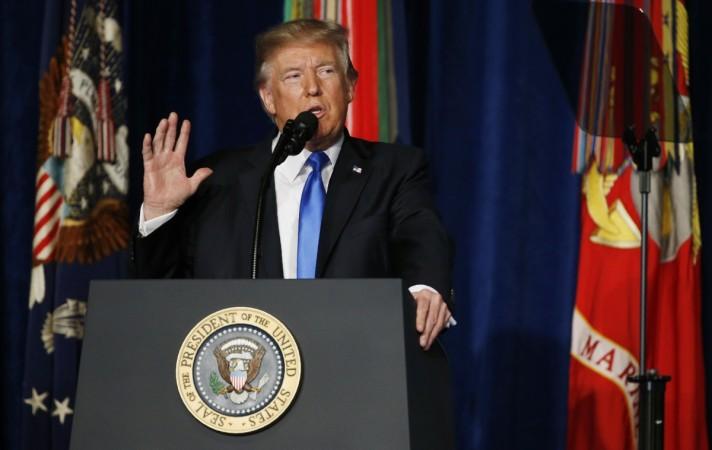
The crisis in the Korean Peninsula is getting more complex and none of the big powers – including the United States and China – has yet been able to defuse it so far. Both US President Donald Trump and North Korean Supreme Leader Kim Jong-Un are busy issuing aggressive statements against each other while the world is watching with fear which side would make that dreadful first nuclear strike.
The problem with the Korean crisis is that the situation in the peninsula was always intense and all sides will think twice before making any military advances in the region which is deeply polarised between allies and enemies of Washington. On the top of it, the presence of the N-factor has made it all the more precarious. Even if Kim's forces have undergone incomplete nuclearisation, the very perception that Pyongyang can effect disaster is enough to make its rivals strategise cautiously.
What's the way for a solution then? It's certainly the international community's action. During the Korean War of the early 1950s, the United Nations had played a prominent role. The US, too, had used its clout and influence to defend South Korea, but it had fought the war under the aegis of the United Nations (UN). There was a concerted effort by the international community even if the aftereffects of the devastating World War II were still on. The Korean war is technically still on but the efforts and mechanisms of the international community had ensured that things had never gone out of control.
The same was also seen during the Cuban Missile Crisis of 1962 when the US and former USSR had almost came to collide over the installation of Soviet missiles in Cuba near the American territory. It was the UN then which had played a significant role in preventing the Cold War from turning into a possible third world war.
In 2017, we are not really seeing the international institution as effective as it was in the middle of the 20th century. In fact, the UN's stature had alarmingly diminished since the 2003 Iraq war when the US had openly flouted it to attack the West Asian country to topple Saddam Hussein.

The UN's failure to find a resolution to the ongoing Syrian crisis also reaffirmed its lessening efficacy in matters of international affairs. In the ongoing Korean crisis today, the UN is found to be least instrumental even if there are meetings and talks of sanctions against the pariah state.
The US envoy to the world body, Nikki Haley, has asked the Security Council to take the toughest possible measures against Pyongyang and it reiterates the fact that the world body is not up to the mark to play a decisive role in the problem.
End of liberal internationalism?
In the international relations of today, it is the states that have become more powerful entities as it was during the days of traditional realism. This is a blow to the idea of liberal internationalism which had been made relevant by US president Woodrow Wilson after the end of the first world war when the League of Nations had come into being to counter the excesses of power politics in relations between realist states.

The Korean crisis shows that even as small states continue to be more powerful (even turn nuclear powers), the big powers choose not to give up their own nationalist muscle-flexing, paving the way for serious clashes. The international community requires an effective mechanism to avert such clashes but with the UN almost going the way of its predecessor – the League, the dangers of sinister confrontations have become grown more.
A peaceful settlement of the North Korean crisis requires every nation, irrespective of the ideological enmity, to come together (something which had succeeded in case of Iran and the UN Security Council had relevance there) but the opposing stances of the US and China have jeopardised a similar peace initiative to dissuade Pyongyang.
The realm of international relations needs to see some urgent reverses. The UN needs to be reformed so that more important countries get into the Security Council and stop the permanent five from turning the club into their own boxing ring. Till these necessary steps are executed, international institutions like the UN will remain crippled and problems like the Korean crisis will continue to snowball with no end in sight.

















